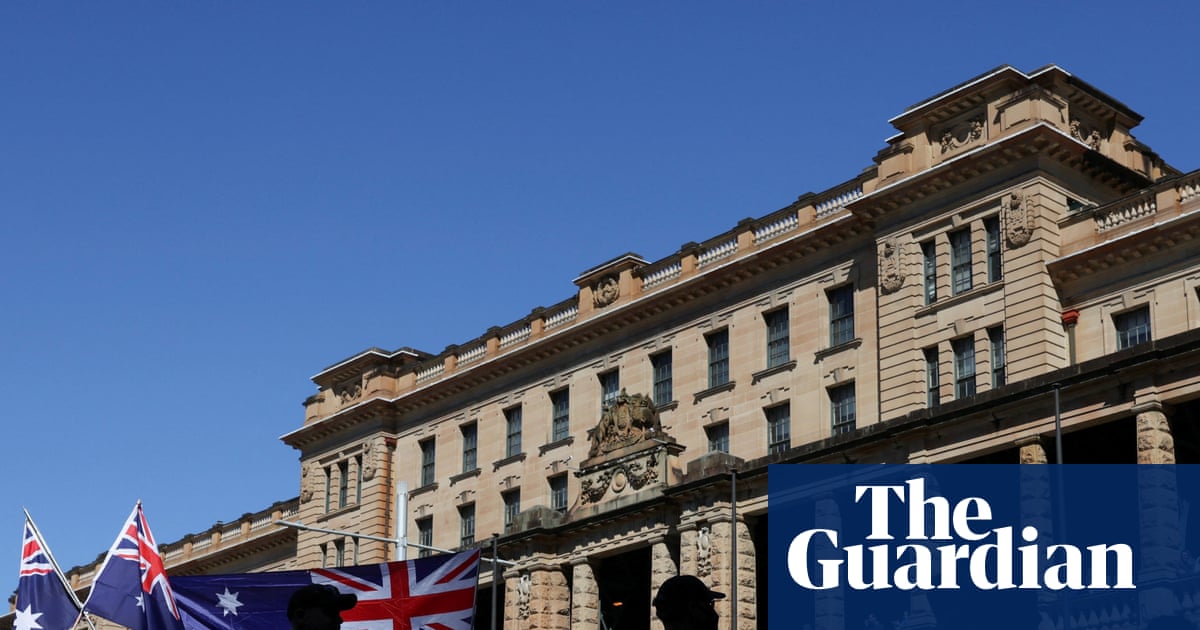Canada got duped. We avoided electing an outright Trump sympathiser, but we still elected a prime minister who will align our policies with the United States. Despite all the anti-Trump rhetoric and celebration of the idea that Canada was independent and had no desire to be like the US, we are now passing Maga-inspired legislation.
The newly elected Mark Carney government tabled a border bill that will give law enforcement sweeping powers in obtaining citizen’s data, and will align Canada with the US’s refugee policies. Bill C-2, or the Strong Borders Act, is presented as a border security bill. However, its reach extends beyond border applications to nearly all legislation.
In alignment with the attack on immigrant communities in the US, this bill is anti-immigrant, and in particular anti-refugee. The legislation changes the Immigration and Refugee Protection Act to grant the minister of immigration, refugees and citizenship extensive powers to cancel immigration documents, and to suspend or cancel intake in any immigration stream if a high number of applications are pending.
This isn’t streamlining the immigration system; this is mass deportation by administrative means, rather than law enforcement. In addition, there is no appeal process for these measures. A significant number of refugees will not be granted a hearing since the legislation “proposes to prevent claims from even reaching the Immigration and Refugee Board”, according to the Ontario Council of Agencies Serving Immigrants. The Migrant Rights Network calls the changes an infringement on the right to due process, “including revoking permanent residency applications already submitted”.
Other elements of US-style refugee policy in the Canadian border bill actually make the US look more welcoming. As explained by the Canadian Council for Refugees, the bill introduces stricter rules than the US on how soon a refugee claim must be made.
The changes will disproportionately affect women and girls, whose immigration status is largely tied to their husbands and fathers, respectively; racialised claimants, as most refugees who claim asylum through alternative points of entry are racialised; and LGBTQ claimants, who risk higher incidences of assault and discrimination in their home countries.
The other frightening half of the legislation upends privacy laws through enhanced powers for law enforcement. It will amend Canada’s Criminal Code to include greater access to data and other electronic information from citizens. Police have been clamouring for lawful access for years, giving them the power to intercept, search and seize telecommunications information. The Strong Borders Act will make it easier for police to access subscriber information and metadata, and puts the onus on electronic service providers to modify their systems for authorities to access.
In other words, the police can collect subscriber information without a warrant in “exigent circumstances” – wording that makes wider allowance for those circumstances without defining them. This extends to an offence that, as the bill states, “has been or will be committed under this act or any other act of parliament”, which amounts to any legislation passed by parliament. What does that have to do, specifically, with border security? It’s a backdoor to accessing protected data despite the Privacy Act, which governs privacy rights in any interaction with the federal government.
We are witnessing the construction of a surveillance state in which Canada Post will be able to intercept and open mail.
The Charter of Rights and Freedoms protects Canadians from unlawful search and seizure. However, under this new legislation, police can obtain a warrant “on the lower standard of reasonable suspicion of a crime, instead of probable cause,” reports the Conversation. “This can also apply to foreign entities like Google or Meta.” In layperson’s terms, Apple or Google or Meta will be forced to serve as state agents.
Carney’s administration is feeding into Trump’s delusions about marauding criminal gangs trafficking fentanyl into the US from Canada. The Canadian minister of public safety and emergency preparedness included provisions to combat transnational organised crime and illegal fentanyl, supposed crises that Trump used to justify his 25% levy on goods from Canada. However, Canada only accounts for 0.2% of fentanyl seized at US borders. In 2024, of the 9,929kg confiscated by US authorities, only 20kg originated from Canada. In addressing Trump’s mathematical illusions, the Carney government validated the US president’s exaggerations about drug cartels attacking Americans from the north.
“Elbows up” turned into stares of disbelief at the measures posited by Carney’s Liberal government. It’s one of the most profound political reverses on the Canadian public, proving that while Carney charms us in the front, he is stripping our rights behind our backs.
-
Erica Ifill is an economist and award-winning political columnist

 3 months ago
52
3 months ago
52

















































